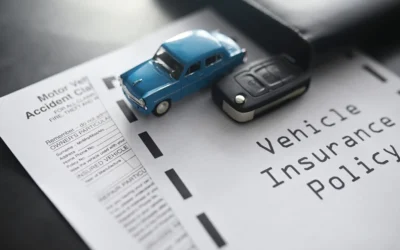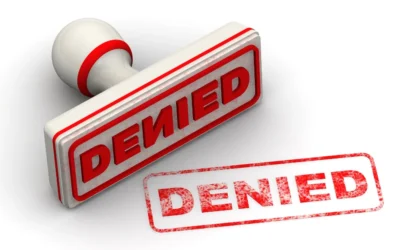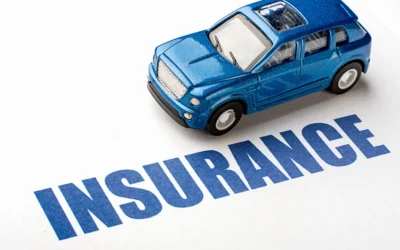If you or someone you love has just been in a car accident, it’s completely normal to feel overwhelmed. You may be in pain, unsure about what to do next, or trying to figure out how to handle multiple insurance policies. Whether you’re reading this at the scene, in an emergency room, or as you begin recovery, take a breath you’ve come to the right place for guidance.
This article explains how multiple insurance policies may apply after a Florida car accident, how they interact, and what you can do right now to protect yourself and your rights. We’ll walk you through each step in plain language and with compassion.
Understanding Florida’s No-Fault System
Florida is a “no-fault” state. This means that after most car accidents, your own insurance pays for your medical bills and lost wages even if someone else caused the crash.
Every Florida driver is required to carry Personal Injury Protection (PIP) insurance, which typically covers:
- Up to $10,000 in medical expenses and lost wages
- 80% of medical bills
- 60% of lost income
- $5,000 in death benefits (if applicable)
So, no matter who caused the accident, your PIP kicks in first. But what happens when costs exceed PIP limits or when other insurance policies may apply?
How Multiple Insurance Policies Come Into Play
Depending on the accident, several types of insurance may be available to help cover your damages. Here’s how they can interact:
1. Your Own PIP Insurance (Always Primary in Florida)
- Covers you regardless of fault
- Required by law
- First layer of protection
2. Health Insurance
If your medical bills go beyond your PIP coverage, your health insurance may cover the remaining costs.
Helpful Tip: Some providers require you to use all PIP benefits before they start paying. Keep all medical documentation and billing records organized.
3. Medical Payments Coverage (MedPay)
If you purchased optional MedPay coverage, it can supplement PIP by covering things PIP doesn’t, like:
- The 20% of medical bills that PIP doesn’t cover
- Deductibles or co-pays
- Out-of-pocket expenses
4. Bodily Injury Liability (BIL) from the At-Fault Driver
If another driver caused the accident and they carry Bodily Injury Liability (BIL) coverage, you may be able to file a claim against their policy once your PIP is exhausted.
Note: BIL isn’t required in Florida, but many drivers do carry it.
5. Uninsured/Underinsured Motorist (UM/UIM) Coverage
If the at-fault driver has no insurance or not enough, your own UM/UIM coverage (if you have it) can step in to help pay for:
- Medical expenses
- Lost wages
- Pain and suffering
This is optional but highly recommended coverage in Florida.
6. Umbrella Policies
Some individuals carry umbrella insurance, which provides additional liability protection once limits on their auto policies are maxed out. If you or the at-fault party has one, this may provide another potential source of compensation.
Example
Let’s say you were hit by another driver and suffered serious injuries. Here’s how the insurance layers might apply:
- Your PIP pays the first $10,000 of medical costs.
- Your health insurance covers the remaining medical bills.
- You file a claim against the at-fault driver’s BIL coverage to recover damages not covered by PIP/health insurance.
- If their BIL is not enough, your UM/UIM policy can help.
- If any party has an umbrella policy, it may provide additional compensation.
Helpful Tips to Keep in Mind
- Document everything — Keep track of all bills, treatments, and correspondence with insurers.
- Call your insurance company quickly — Some policies require prompt notice
- Seek medical care immediately — Delaying treatment can hurt both your health and your claim.
- Speak to an attorney before accepting any settlement — Insurance companies may offer quick payouts that don’t reflect the full value of your claim.
Support Is Available
Dealing with injuries, insurance forms, and legal concerns can feel like too much all at once. If you’re feeling confused or frustrated, that’s normal. What matters most right now is taking care of your health and understanding your options.
Licensed attorneys and experienced medical professionals in Florida can help you navigate this process with compassion and clarity.
What You Can Do Next
- Prioritize your health – Get the medical care you need.
- Reach out for help – Hurt Aid connects you to trusted medical providers and licensed Florida attorneys who understand the system and will stand by your side.
- Get answers, not just paperwork – The right support can take a huge weight off your shoulders.
You don’t have to figure this out alone. Help is here.





